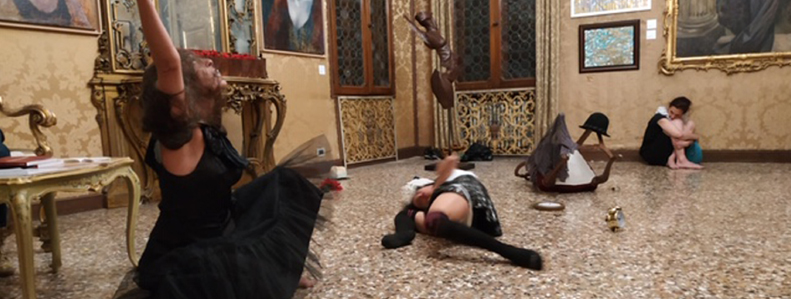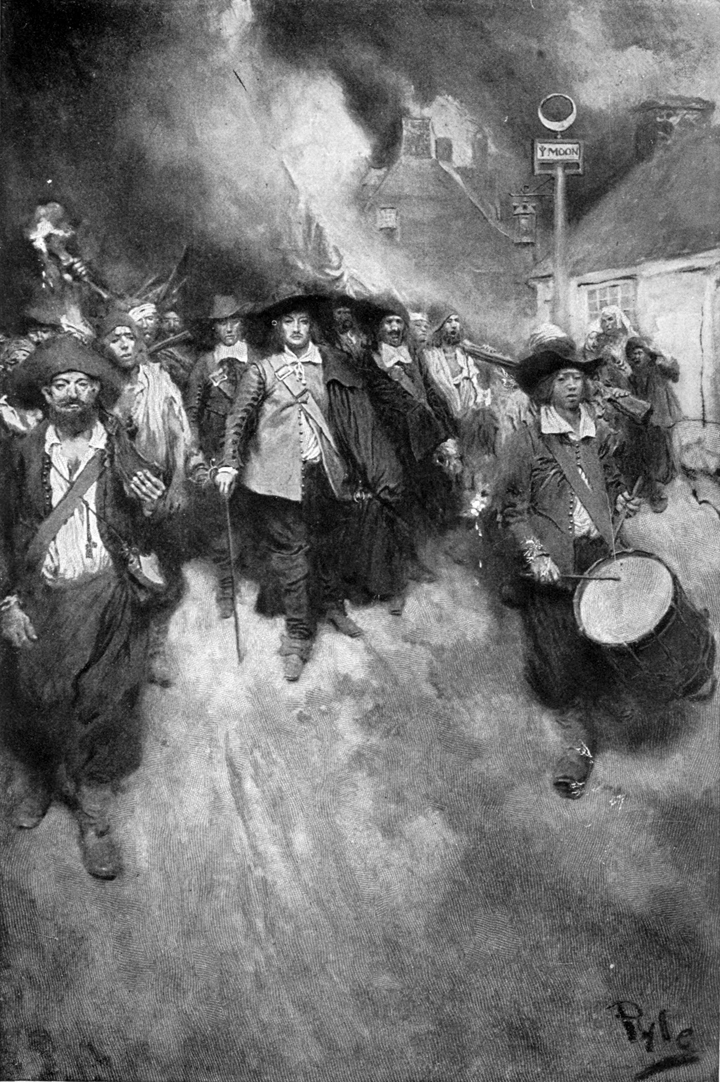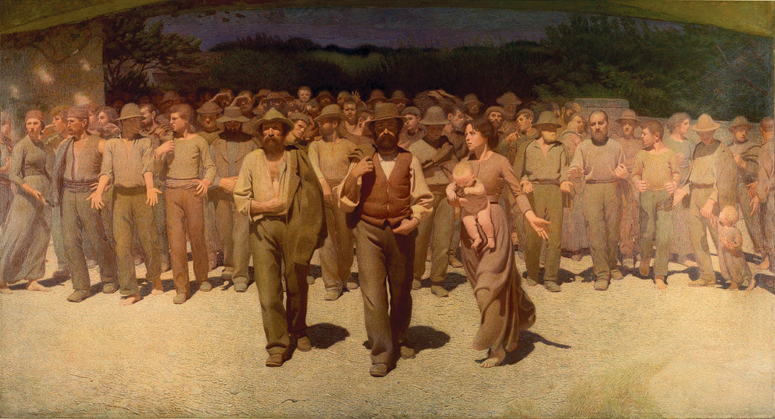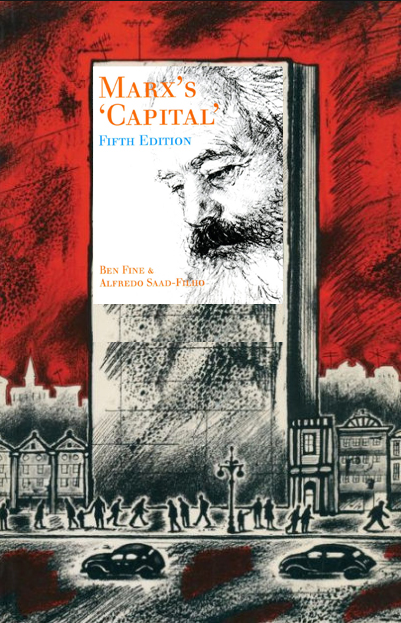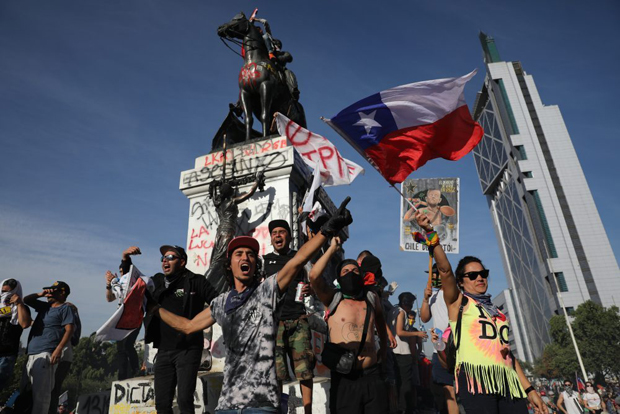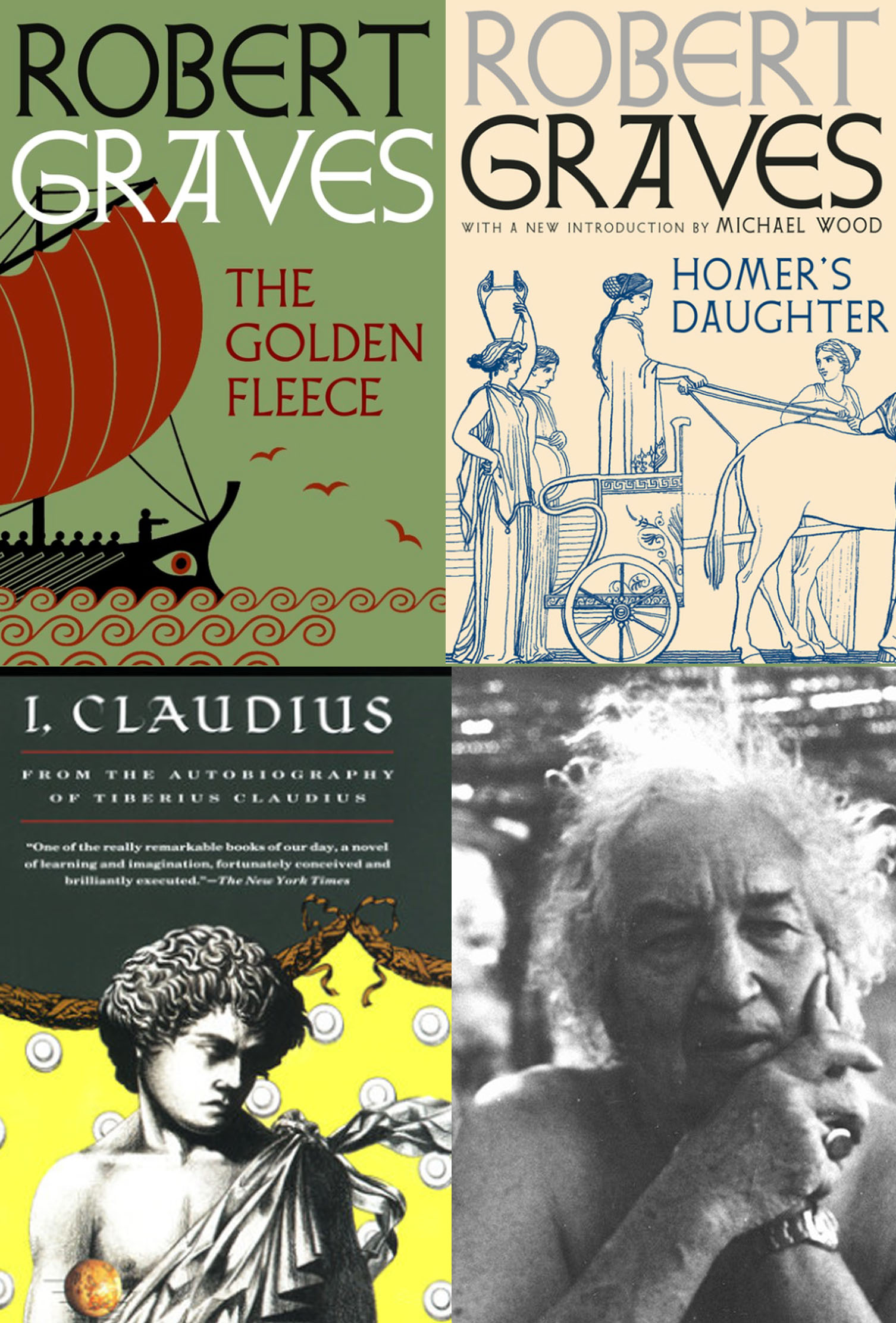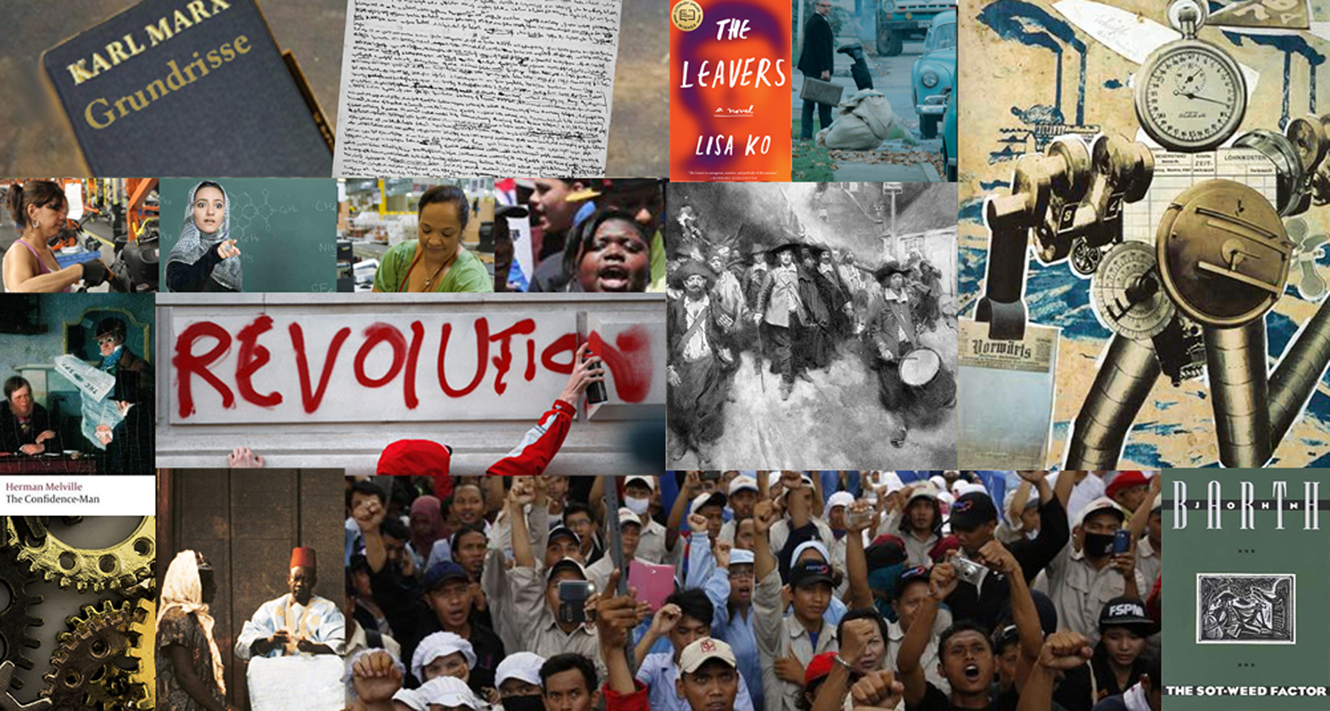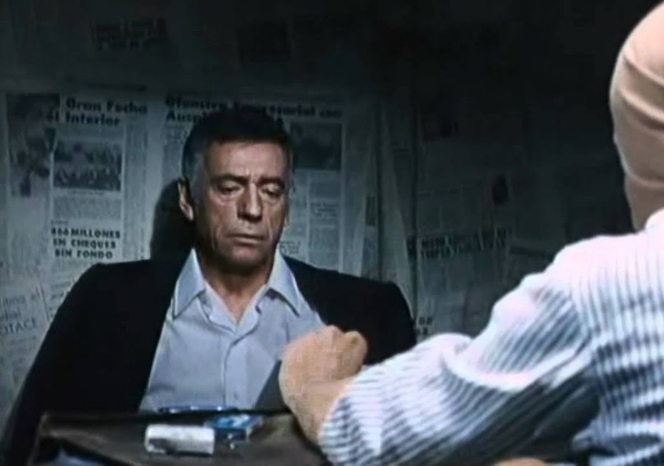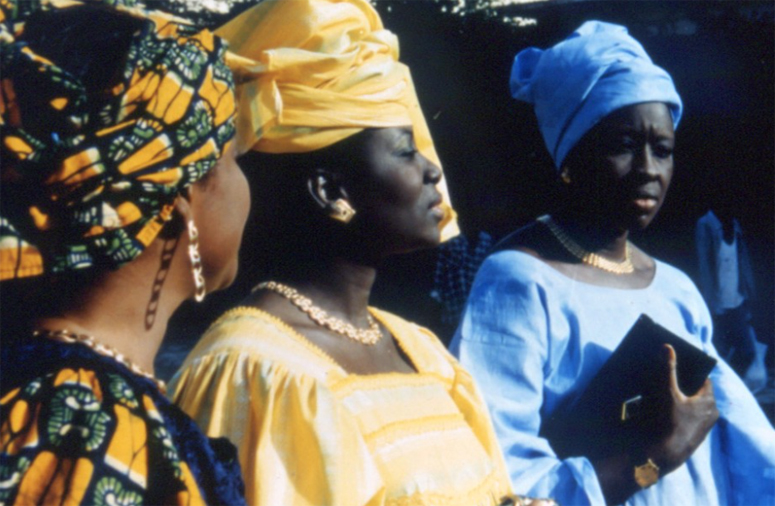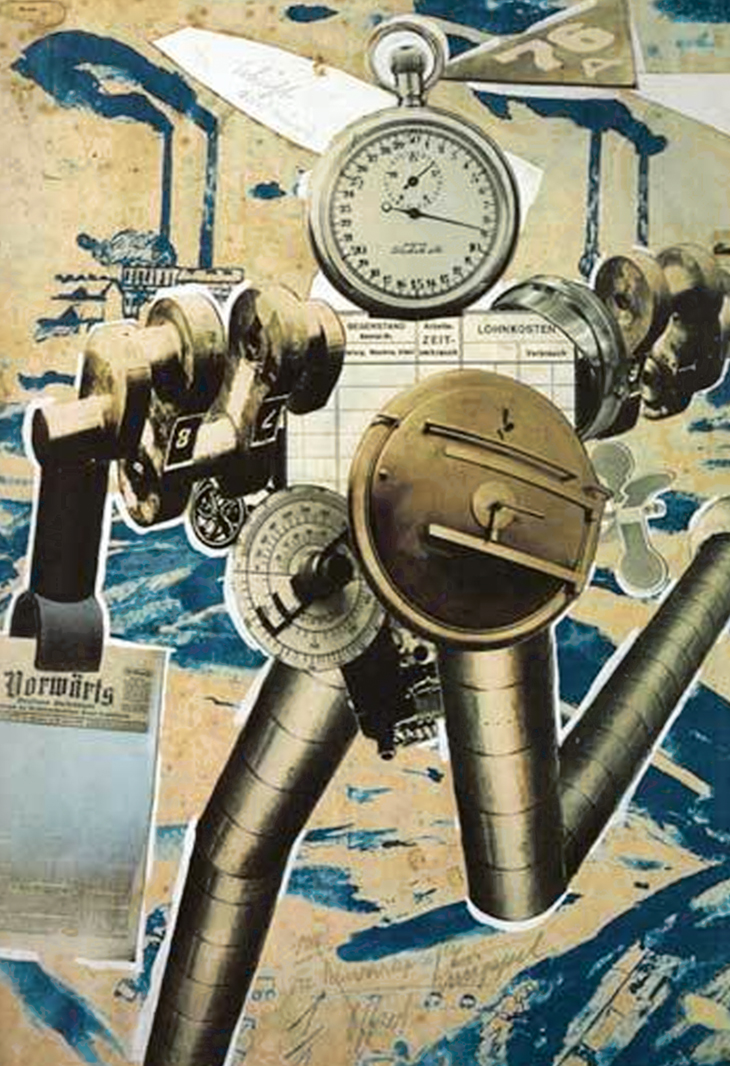Capital, Volume 2, Third Sessions
Join us as we journey through this movement from the imaginary concrete to the abstract concrete to the real concrete. Come and challenge your way of thinking and understanding the world as it appears to you and begin to identify some of what needs to be overcome and done to bring about a better world. In Volume 2 we further our ability to de-fetishize the machinations that appear on the surface of society and their real relationship to the production of wealth and the circulation of that wealth throughout all the competing capitalist interests and the various branches of capital, and the different strata of the proletariat —prices, wages, interests, rents, dividends, rates of profit, fictitious capital—while revealing the necessity of tendential contradictions that result in episodic crisis of the system leading to periodic booms and busts!
Spectatorship and Embodied Expression
New Perspectives Theatre 456-458 West 37th Street, New York, NY, United States“ritical art is a type of art that sets out to build awareness of the mechanisms of domination to turn the spectator into a conscious agent of world transformation,” writes philosopher Jacques Rancière in Aesthetics and its Discontents (2004). When as dance artists we decide to work critically with and through the body, and at the same time enter the contested field of the history of psychiatric diagnosis, our aim is to initiate spectator’s transformation. The intention is to make him/her into an active observer of the world outside a given theatrical event. For this to occur, the spectator is asked to remain attentive during a relatively short time of a theatrical event.
Foundations of American Bourgeois White Male Supremacy
The James Baldwin School 351 West 18th Street, New York, NYIn The Invention of the White Race Volumes I & II, Theodore W. Allen offers a historical materialist analysis of racial slavery; a system put in place in the decades following the second phase of Bacon’s Rebellion in 1676 when an army of European and African chattel bond laborers burnt Jamestown to the ground and temporarily drove Governor Berkeley into exile across the Chesapeake Bay. In a conscious response to labor solidarity the plantation bourgeoisie enacted a series of laws and practices in the late 17th and early 18th century which first put in place the system of white racial privileges which enabled the imposition of racial slavery and “white” male supremacy.
Bertolucci’s 1900
The thick-layered chronicle doesn't sweep across time so much as it escorts the audience through indelible composite events that bristle with personal, social, and political characteristics….Since 1900 has come to stand as an organic cinematic journey through chapters of a rich apocryphal history that evinces an ongoing struggle between the world's rich elite and everyone else.”—Cole Smithey
Capital: A Review of Volumes 1 and 2
The People's Forum 320 West 37th Street, New York, NY, United StatesIn review of Volumes One and Two of Capital and in preparation for our study of Volume 3 we will have a 4 week intersession reading from Ben Fine and Alfredo Saad-Filho’s Karl Marx’s Capital. These sessions are suggested as a good review for those who would like to join in for the coming sessions of our close reading of Volume 3 which will begin on January 18. Of course, anyone interested in a review of Capital and/or would simply like to read and discuss the Fine and Saad-Filho book are encouraged to attend as well.
Crises and Uprisings in Latin America Today
Join us for a closer look at the political and economic background to dramatic recent events in Latin America, where a tremendous struggle is taking place between popular movements opposed to neoliberalism and authoritarianism, and capitalist elites determined to defend their profits and privileges.
Antiquity Now: 3 Robert Graves Novels
To bring the dead to life
Is no great magic.
Few are wholly dead:
Blow on a dead man’s embers
And a live flame will start.
Let his forgotten griefs be now,
And now his withered hopes;
Subdue your pen to his handwriting
Until it prove as natural
To sign his name as yours…
—To Bring the Dead to Life, Robert Graves
Any 2 Classes (Winter 2020 Discount)
Beginning this January through April of 2020 any two classes may be attended for a reduced price. For example, one may attend “Unearthing the Grundrisse” on Monday and “Capital Volume 3” on Saturday for a combined reduced price according to the level of sliding scale you wish to contribute.
Hispaniola in Revolt
New Perspectives Theatre 456-458 West 37th Street, New York, NY, United Stateshe panel will look at the current Haitian political crisis and popular revolt; the Haitian revolution, its emancipatory legacy of liberation and contradictions; the lessons of the 1946 and 1986 revolts in Haiti; race and class in Santo Domingo; the 1965 Dominican revolution as well as prospects for cross-border and international solidarity and revolution on the island and beyond.
Film and Discussion: State of Siege
State of Siege details the overt and covert practices of the Agency for International Development throughout the world, with a particular emphasis on events that took place in Montevideo, Uruguay in 1970.
Mandabi (The Money Order)
The People's Forum 320 West 37th Street, New York, NY, United StatesAn unemployed Senegalese man, Ibrahima Dieng, lives with his two wives and kids in Dakar. His nephew, Abdou, sends him a money order from Paris worth 25,000 francs, which he has saved from working as a street sweeper. Ibrahima is to keep some of the money for himself, save a portion for his nephew, and give a portion to his sister. However, Ibrahima faces numerous difficulties trying to obtain the money order. Not having an ID, Ibrahima must go through several levels of Senegalese bureaucracy trying to get one, then failing after spending money he doesn’t have.
The Orient: Foucault’s Achilles’ Heel
New Perspectives Theatre 456-458 West 37th Street, New York, NY, United StatesThis talk will explore the intellectual sources of Foucault’s anti-humanist approach to non-western cultures as it documents his personal disorientation and struggles in Tunisia, Iran and Japan.
Technology, Science and Capitalism
What is technology? Does technological change drive social change? Is technology independent of social relations? What are the consequences of “technological progress” under capitalism? What constraints does capitalism place on such progress?
Highlights of Marx’s Capital, Volume 1
While Capital consists of three volumes, a basic familiarity with the key concepts and sections of Volume I offers many tools for understanding the mode of production we live under.
Capital, Volume 3
The People's Forum 320 West 37th Street, New York, NY, United StatesVolume III integrates and completes the analysis of the process of capitalist production as a whole, enabling us to understand and make sense of how each of the appearances and processes we see occurring on the surface of society are related to the whole. When we do so all the laws of motion previously revealed in the first two volumes take on new dimensions. Internal dynamics and contradictions burst out and situate humanity withina historical process that calls us to figure out how to go beyond capital and develop the conditions that insure that the development of each is the precondition for the development of all.


